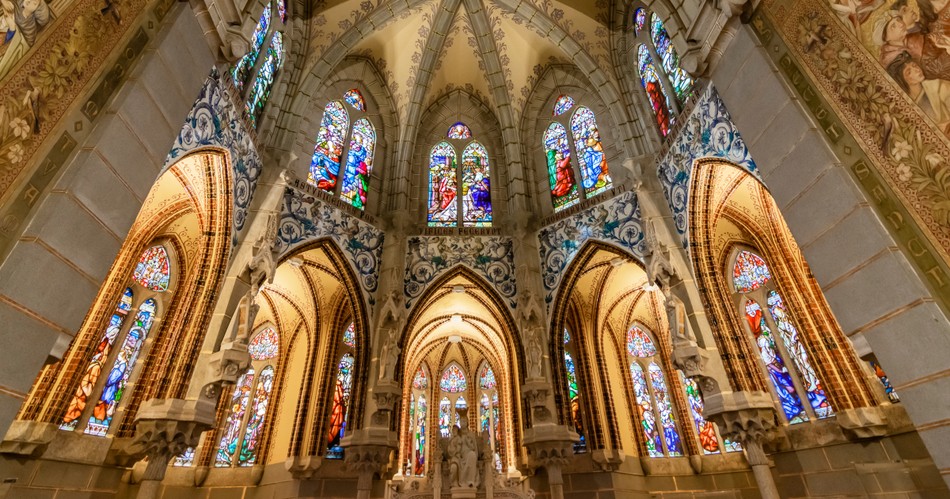The Episcopal Church was established after the American Revolution when it became independent from the Church of England. The Episcopal Church characterizes itself as "Protestant, yet Catholic".
It is a Christian church divided into nine provinces and has jurisdictions in the United States, Taiwan, Micronesia, the Caribbean, Central and South America, as well as the Convocation of Episcopal Churches in Europe and the Navajoland Area Mission.
Discover our 10 things Christians should know about the Episcopal Church.
Main article image credit: ©Getty/JESUSDEFUENSANT
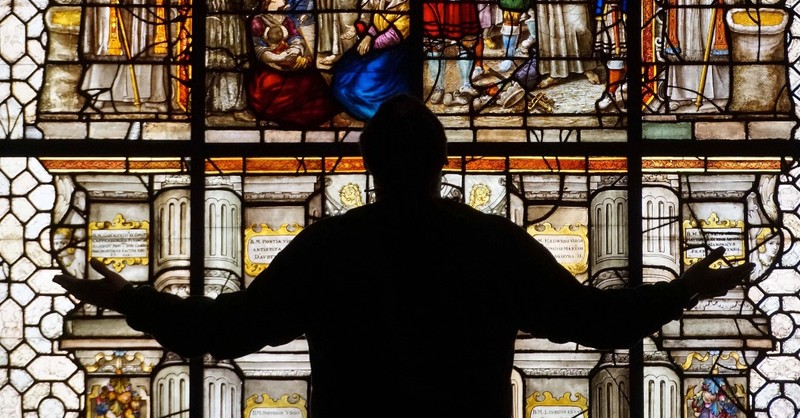
1. The word “Episcopal” is defined as “of or pertaining to bishops.”
The word for “bishop” in Greek is “Episkopos,” which literally translates as “overseer.” The Episcopal Church was named so because it followed the tradition of appointing bishops as clerical authorities.
Other churches that also have bishops are the Roman Catholics, Eastern Orthodox, and Lutherans, among others. Bishops are ordained women and men who have a special role at the regional level for oversight and governance of the Church. According to Episcopal tradition, the twelve Apostles were the first bishops of the Church, and all the bishops throughout history up until now are their successors in this role.
Photo Credit: © Unsplash/Chris Malinao Burgett
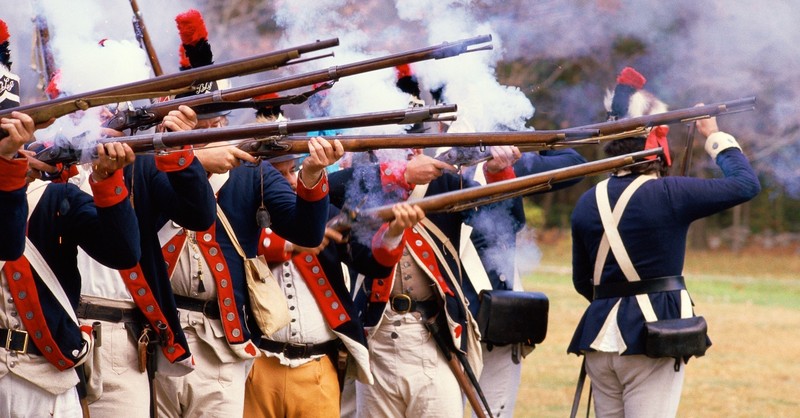
2. The Episcopal Church in America separated from the Church of England during the Revolutionary War.
Photo Credit: ©Getty Images/VisionsofAmerica/Joe Sohm
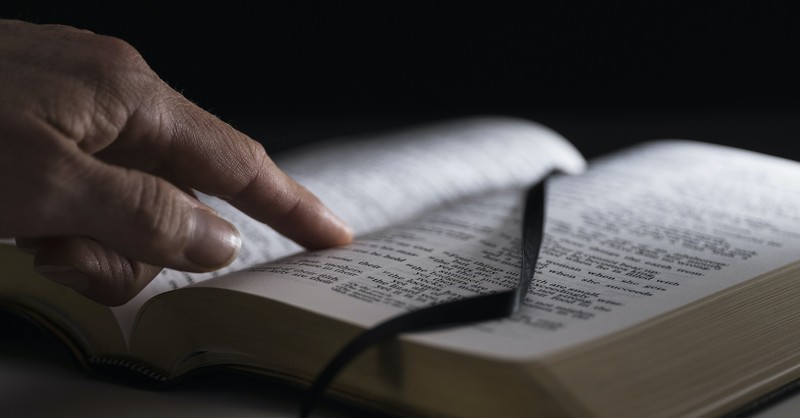
3. Episcopal doctrine holds that Scripture is the revealed word of God.
Episcopalians believe that the Holy Scriptures are the revealed word of God, and “contain all things necessary for salvation.” Far from Biblical fundamentalism, Episcopalians trust that this revealed word is best interpreted within the community of the Church, advised by tradition, reason, and the ongoing guidance of the Holy Spirit.
Photo Credit: ©GettyImages/Tetra Images
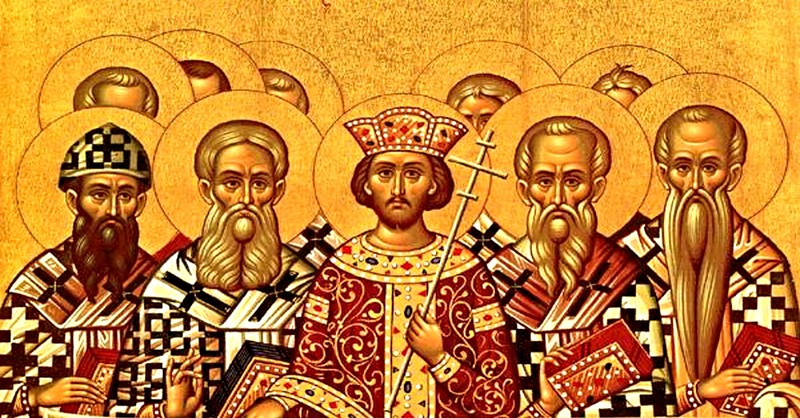
4. Episcopal tradition adheres to the “Nicene Creed.”
An important part of the Episcopal tradition is a statement of belief known as the “Nicene Creed.” A “creed” is simply a statement of what a person or a group believes. “Nicene” refers to the ancient city in Eastern Europe called Nicea, where it was formally adopted. The Nicene Creed is a foundational text for most Christian churches, expressing a basic understanding of the nature of God, Jesus, the Holy Spirit, and the Church.
Photo Credit: Wikipedia/Public Domain
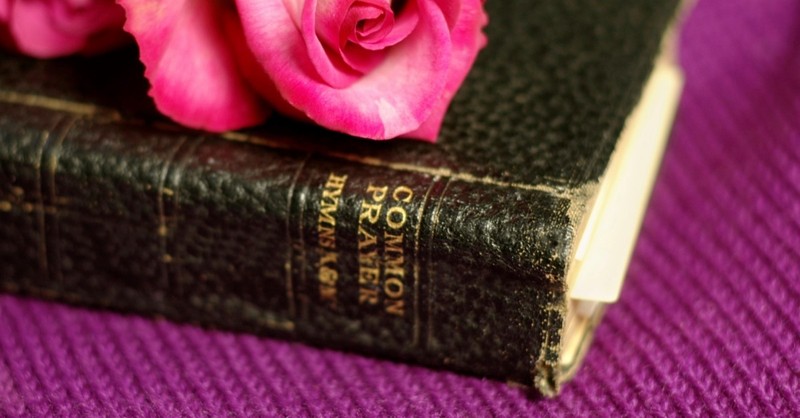
5. The Book of Common Prayer contains “instructions” for public worship.
Photo Credit: ©Getty Images/Jasmin Awad
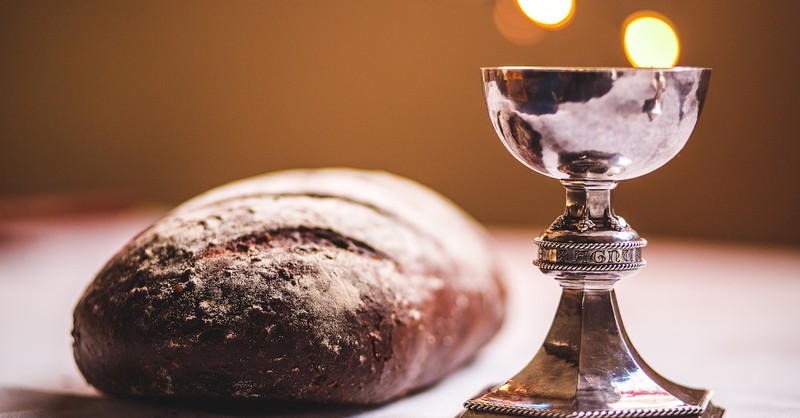
6. The Holy Eucharist is the central act of worship for the Episcopal Church.
Photo Credit: Unsplash/JamesColeman

7. Baptism is an initiating sacrament for the Episcopal Church.
Photo Credit: ©Getty Images/Design Pics/Don Hammond

8. The Episcopal Church accepts and ordains people that other denominations would not.
According to the Episcopal Church, it affirms the dignity and equality of all human beings and welcomes all people without any exceptions of race, ethnicity, gender, sexuality, orientation, age, or any other reason. Also, what has been met with both condemnation and celebration from the Christian community, Episcopal churches accept women and LGBT people into their Ordained Ministry.
Photo Credit: ©Juan Pablo Rodriguez/Unsplash
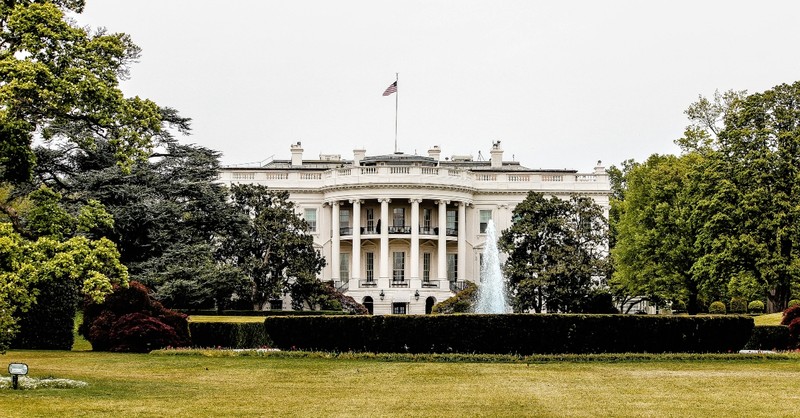
9. A quarter of US Presidents have been Episcopalians.
Photo Credit: Unsplash/Rene Deanda
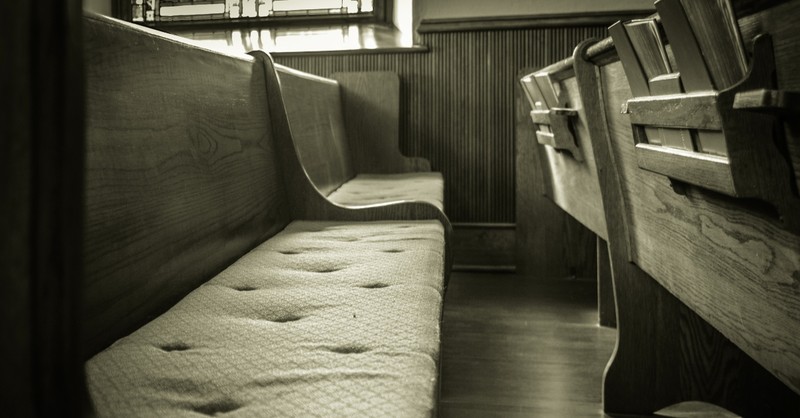
10. Episcopal membership and attendance has declined in the United States since 2000.
Episcopal membership decline was slower in the 1980s and 1990s and became marked since 2000. There were significant regional differences, with decline worst in the East and Midwest and some growth in the West and the South (up to 2000), though all regions have been shrinking since around 2000. The decline between 2010 and 2015 is slightly slower than in 2005 to 2010 but continues to be pronounced.
The reporting of average Sunday attendance began in 1991. During the 1990s average Sunday attendance was relatively stable but from around 2000 serious decline set in. This has continued and TEC’s average Sunday attendance dropped by nearly one third between 2000 and 2015, from 857,000 in 2000 to 579,780 by 2015. While there is some regional variation, a substantial decline has been happening across the country.
Photo Credit: ©iStock/Getty Images Plus/ehrlif
This article is part of our Denomination Series listing historical facts and theological information about different factions within and from the Christian religion. We provide these articles to help you understand the distinctions between denominations, including origin, leadership, doctrine, and beliefs. Explore the various characteristics of different denominations from our list below!
Catholic Church: History, Tradition & Beliefs
Jehovah's Witnesses & Their Beliefs
Mormons: The Church of Latter Day Saints & Their Beliefs
Baptist Church: History & Beliefs
Presbyterians: History & Beliefs
Mennonites & Their Beliefs
United Methodist Church: History & Beliefs
Seventh-Day Adventists & Their Beliefs
The Pentecostal Church: History & Beliefs
Lutheran History & Beliefs
